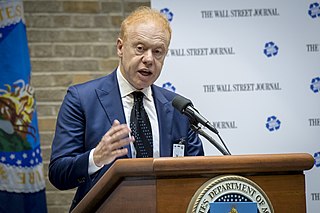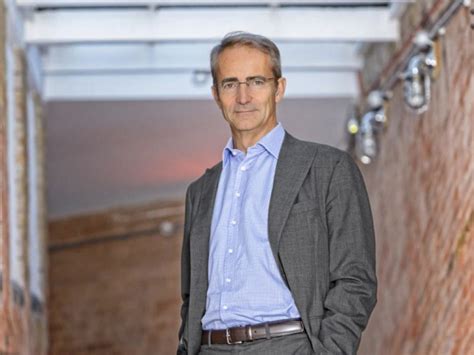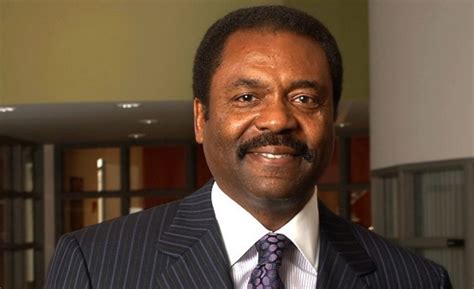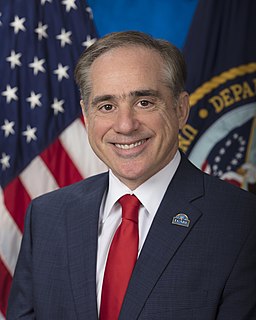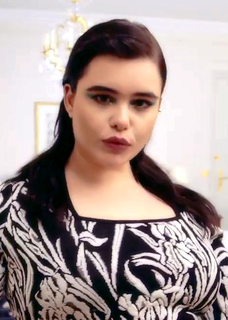A Quote by Anthony Pratt
My company in the U.S., Pratt Industries U.S.A., has grown from scratch to become a billion-dollar business based on recycling, as well as the largest Australian-owned employer of U.S. citizens.
Related Quotes
I took a dozen of our top managers to Argentina, to the windswept mountains of the real Patagonia, for a walkabout. In the course of roaming around those wild lands, we asked ourselves why we were in business and what kind of business we wanted Patagonia to be. A billion-dollar company? Okay, but not if it meant we had to make products we couldn't be proud of. And we discussed what we could do to help stem the environmental harm we caused as a company. We talked about the values we had in common, and the shared culture that had brought everyone to Patagonia, Inc., and not another company.
Weaker currencies abroad mean a strong dollar, and a stronger dollar, together with a weak global environment, is a drag on the U.S. economy. So it's important, as it affects overall levels of production and employment in the U.S. There are many domestic industries doing well in the United States, notwithstanding a strong dollar.
Modern Australian trade unionism and the unionist that I am doesn't rely on a class war view that somehow that the interests of employees and managers are in two separate spheres and they're irreconcilable. I believe that when people can go to work and be happy, satisfied, engaged, where the employer is getting employees who feel their interests are aligned with the employer, you get productivity. This is the future of Australian workplaces.
No one has yet convinced me a dollar stranded overseas is better than a dollar brought back home here to America for any reasons. So, if a company needs it, whether it's to do research, buy another business in America, grow jobs or try to become more financially strong, that is good for the United States.
In business, when you can meet an unmet need that is this primal, even meeting it in a superficial way can create a multi-billion-dollar business - e.g., the chat rooms in AOL when it first came out, or the lounges in Starbucks, or the billion people who are on Facebook - even though these are hardly the most intimate of life experiences.
